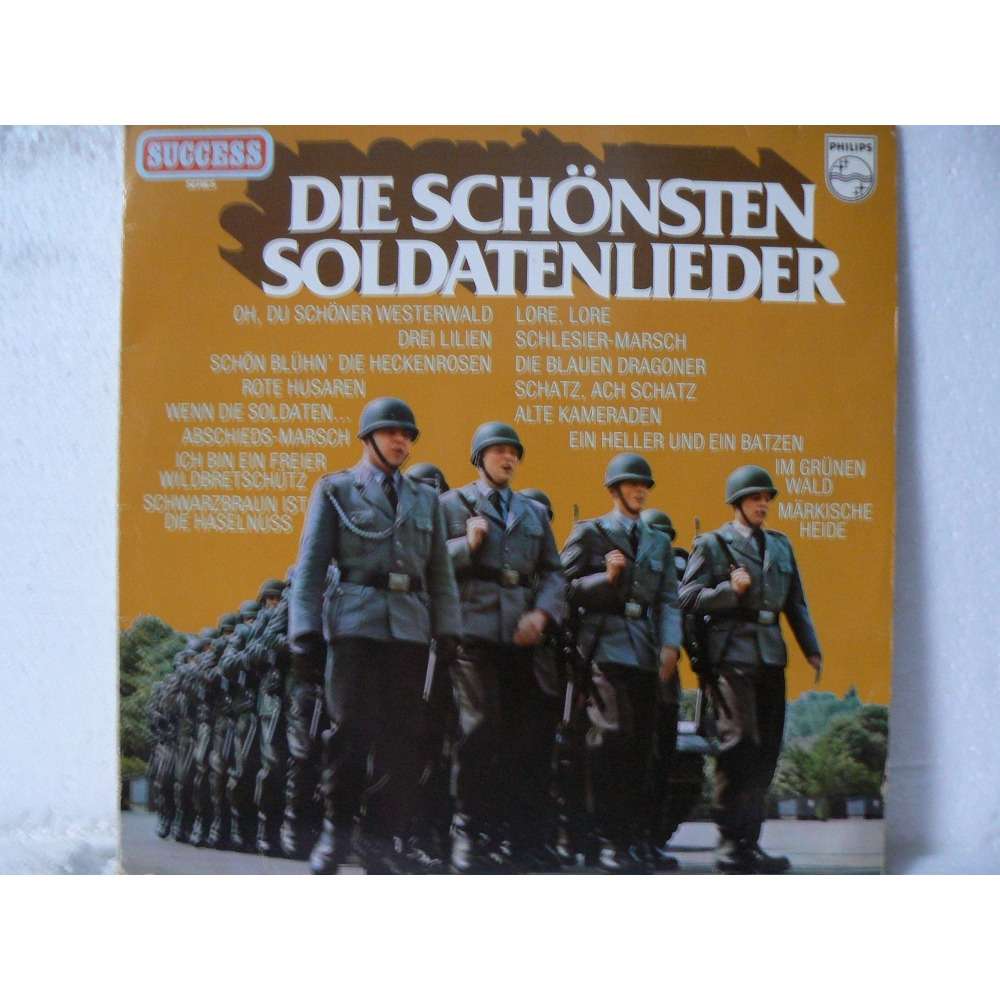

Ihre Arbeiten wurden zwei Jahrzehnte später zu einem wichtigen Anknüpfungspunkt für Sänger und Gruppen des Folksong-Revivals in der DDR. In den 1950er Jahren trugen Forscher wie der Germanist Bruno Kaiser, die Musikwissenschaftlerin Inge Lammel und vor allem der Volkskundler Wolfgang Steinitz wesentlich dazu bei, diese 1848er Lieder zu sammeln und zu veröffentlichen. Lieder der 1848er Revolution gehörten auch zu dieser Tradition. As the cases of groups such as Folkländer and Wacholder showed, theirs was a particularly creative appropriation of the revolutionary ‘Erbe’ that involved performing protest songs of the past as if they were criticising the present.Nach dem zwölfjährigen Kulturbruch in Deutschland während des ‘Dritten Reichs’ versuchte man nach 1945 in der sowjetischen Zone, an demokratische Traditionen wie die Lieder der Arbeiterbewegung oder sozialkritische Volkslieder anzuknüpfen. Their work provided an important reference point for the singers of the German folk song revival in the GDR from the late 1970s onwards. In the 1950s GDR researchers such as the Germanist Bruno Kaiser, the musicologist Inge Lammel and in particular the folklorist Wolfgang Steinitz made substantial contributions to the collecting and publishing of the 1848 songs. One of these ‘repertoires’ of song was that of the 1848 Revolution.



Ein besonderer Fokus liegt hierbei auf der Rolle der durch dieses Genre kommunizierten "reflexiven" und "restaurativen" Nostalgie (Boym 2001), die, wie ich in diesem Kapitel argumentiere, einen maßgeblichen Beitrag zur Wiederbelebung demokratischer deutscher Volkslieder (Steinitz 1954-1962) durch Revival-Künstler leistete: Īfter the twelve-year rupture caused by the Nazis, in the Soviet zone after 1945 attempts were made to reconnect with the traditions of workers’ songs and critical folk songs that were viewed as the cultural heritage of the communist movement. Login or register now to write a comment.Drawing on ethnographic field research and historical analysis, this chapter explores the reception of Irish folk music in the East German folk revival movement (1976-1990) and teases out the work of "reflective" & "restorative" nostalgia (Boym 2001) in stimulating efforts to reconnect with indigenous oppositional German-language folk-song material (Steinitz 1954-1962)ĭieses Kapitel stützt sich auf Methoden der ethnographischen Feldforschung und auf historische Analysen, um einen Einblick in die Rezeption der irischen Folkmusik im Rahmen des DDR-Folkrevivals (1976-1990) zu vermitteln. You have seen this movie? We are looking forward to your comment! Internationale Filmfestspiele Berlin (Catalogue) Comments War as an inner experience", it was banned in 1933 for its "subversive influence on the people’s willingness to defend themselves". Although Nazi propaganda leader Joseph Goebbels praised it in 1931, saying it was "a good film. Instead it presents a searing and realistic portrayal of the attritional effects of trench warfare, focusing on people who are "trying to do their duty amidst agony and confusion" (opening title). There are virtually no battle scenes in this film version of the English play it is rather more an "intimate drama in the trenches". But it is only with reluctance that he follows orders to send Raleigh and his companions on a reconnaissance mission that will almost certainly end in death. He is ready to hold the lines before the expected German offensive until the bitter end, sacrificing himself and his men as necessary. Although the horrors of war have turned the latter into a heavy drinker, he is still a conscientious soldier. Young, inexperienced lieutenant Raleigh discovers that his sister’s fiancé, Captain Stanhope, is now his company commander. Spring 1918 in a British officer's dugout on the western front.


 0 kommentar(er)
0 kommentar(er)
